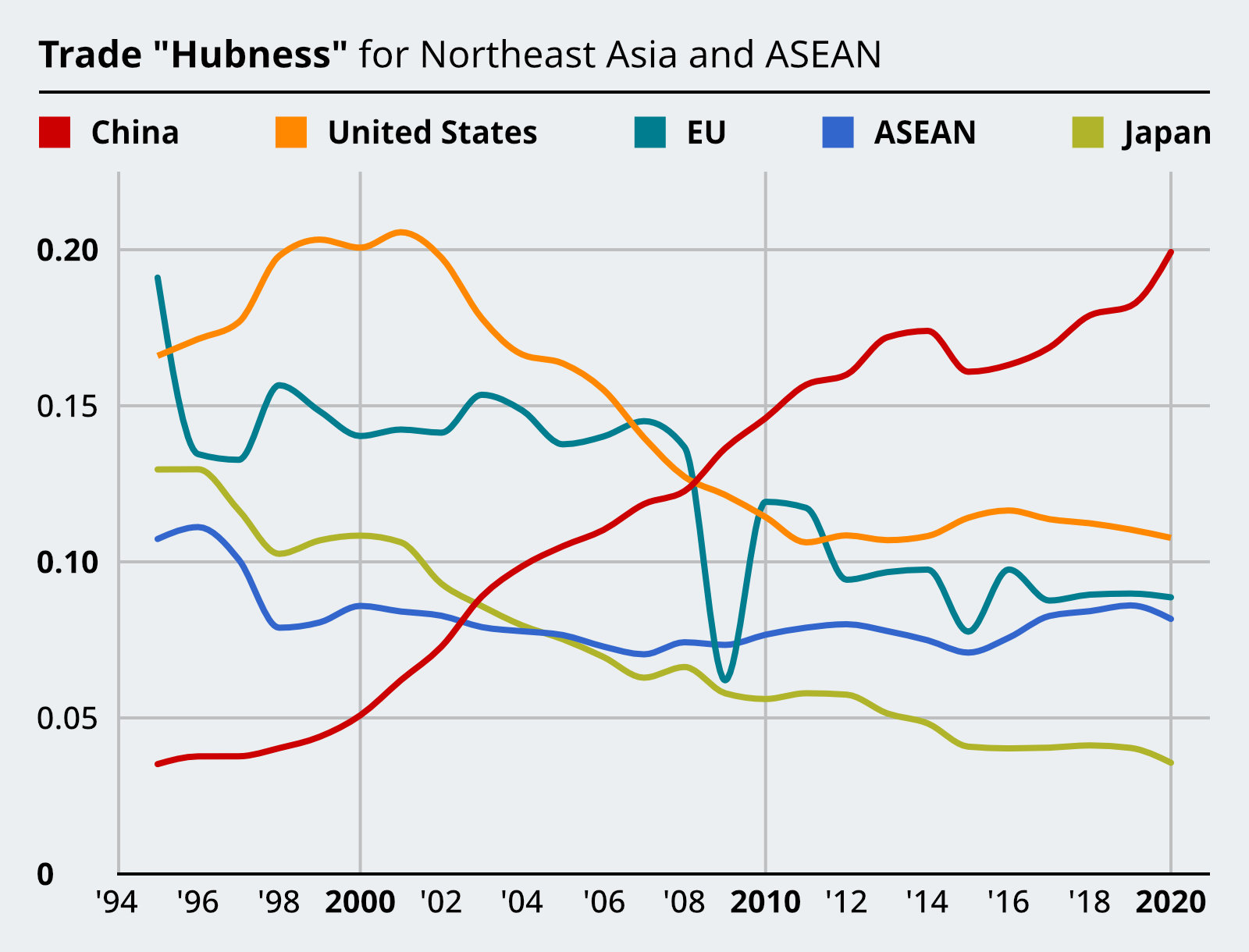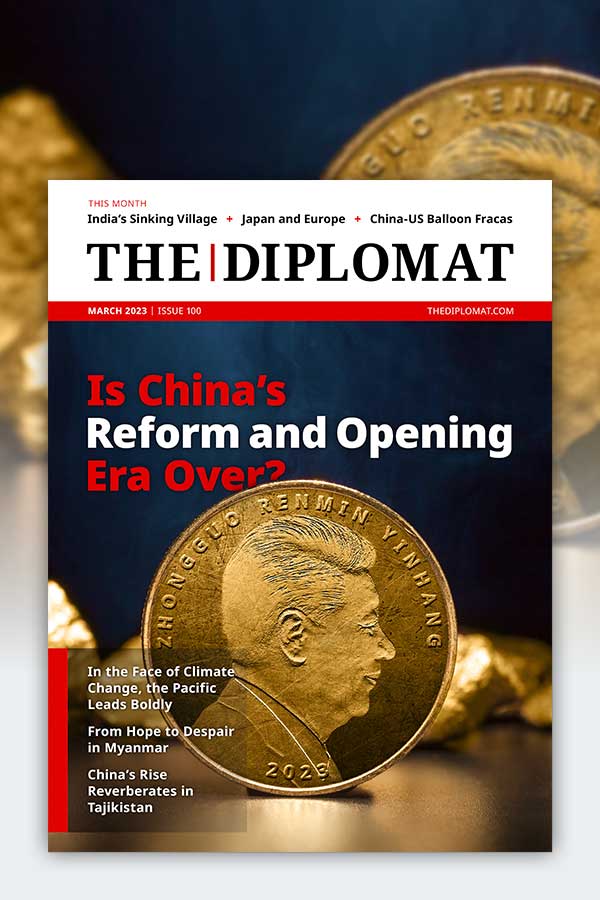| Welcome to the latest issue of Diplomat Brief. This week our top story examines the Modi government’s pressure campaign against critical media. We also have an interview with U.S. State Department Counselor Derek Chollet on Washington’s approach to the crisis in Myanmar. |
| Story of the week |  | Society In India, the State Challenges Independent MediaWhat Happened: In February, the Modi government in India banned a BBC documentary exploring Narendra Modi’s role in the 2002 Gujarat riots. That meant no screenings of the film; even links to it on social media were forbidden. When the government then raided the BBC’s offices in Mumbai and Delhi, many did not believe the official explanation of tax discrepancies – retaliation against the broadcaster was the suspected motive. The BBC episode is just the tip of the iceberg when it comes to government pressure on critical media in India. Our Focus: Several Indian journalists have been jailed under the UAPA, an anti-terror law that allows for years of detention without the need to file formal charges. “At least 11 journalists in India are currently being investigated or tried under the anti-terror UAPA,” Beh Lih Yi, the Asia program coordinator at the Committee to Protect Journalists’ (CPJ), told The Diplomat. Siddharth Varadarajan, founding editor of The Wire, also told The Diplomat, “With the coming of Modi, there is an increasing resort to criminal charges by the police around the country against journalists, editors, and publications for their reportage, their journalistic work.” The Wire and its journalists have been hit with legal cases based on critical reporting. Another once-critical news outlet, NDTV, was bought out entirely by a Modi ally. What Comes Next: Censorship, arrest, and even internet shutdowns to halt the flow of negative information – these all sounds like tactics better suited to an authoritarian regime than to proudly democratic India. But criticisms of the Indian government’s attack on the media have been muted, because the foreign governments that generally champion human rights see New Delhi as a critical ally against China. That silence bodes poorly for India’s democracy, and the free press more broadly. “These assaults on press freedom must not be condoned, otherwise India is sending the wrong signal to the world in the year that the country chairs the G-20,” said Beh of the CPJ. “As the world’s largest democracy, India must realize a free press is the foundation of a functioning democracy and stop treating journalism as a crime.” Read this story |
| Behind the News | INTERVIEW Derek CholletU.S. State Department Counselor Derek Chollet on ASEAN’s handling of Myanmar’s coup and the ensuring violence: “We believe in ASEAN centrality when it comes to addressing the crisis in Myanmar, which is the most acute security crisis that Southeast Asia is facing right now. We think that ASEAN’s leadership on this has been significant, even if it has perhaps been slow and frustrating to some.” Read the interview |
| This Week in Asia | Northeast Asia Taiwan’s Ma Ying-jeou tours ChinaFormer Taiwanese President Ma Ying-jeou is on a 12-day tour of China that will take him to Nanjing, Shanghai, Wuhan, Changsha, and Chongqing. Although Ma’s office – as well as the Chinese government – insisted this is a personal trip, meant to pay respects to Ma’s ancestors, many commentators are viewing it as an attempt to solidify the KMT’s reputation as the “responsible party” on cross-strait relations. But not everyone in China is laying out the welcome mat for Ma. Find out more | South Asia Pakistan’s Political Deadlock ContinuesPakistan’s Supreme Court is hearing a case on the question of when to hold provincial elections in Punjab, the latest battlefield in an ongoing political tussle between ousted Prime Minister Imran Khan and the new governing coalition under Shehbaz Sharif. With the possibility of Khan’s arrest looming, his supporters are becoming more desperate – and more emboldened that they have the power to threaten the political status quo. Find out more | Southeast Asia U.S. Announces New Myanmar SanctionsThe Biden administration has imposed a further round of sanctions against military-ruled Myanmar, this time targeting the supply of aviation fuel to the country’s air force. The sanctions follow a rise in deadly air strikes that have targeted civilian populations, and they single out two individuals and six entities that are “connected to Burma’s military and that have enabled the military regime’s continuing atrocities,” the U.S. Treasury Department announced. The announcement came shortly before coup leader Senior General Min Aung Hlaing gave a speech to mark Armed Forces Day on March 27, during which he pledged to crush those resisting the military administration. Find out more | Central Asia Has the Middle Corridor’s Moment Finally Come?China seeks easier trade access to European markets, an issue complicated by the isolation of Russia following its invasion of Ukraine. Developing its rail network with Kazakhstan and giving the Middle Corridor route – traversing Central Asia, the Caspian Sea, the Caucasus, and Turkey en route to Europe – more attention is one way for Beijing to get around Central Asia's Russian transport route problem. Find out more |
| Visualizing APAC |  | Given China’s trade “hubness” in East Asia – the relative share of trade dependence of the region on China’s economy – the U.S. push for decoupling will be an uphill battle. See the full picture |
| Word of the Week | Politics Жаңа ҚазақстанZhana Qazaqstan, Kazakh for “New Kazakhstan,” is a frequent talking point and political promise of President Kassym-Jomart Tokayev – though most analysts see little “new” about the country’s trajectory. Find out more |
|  |




